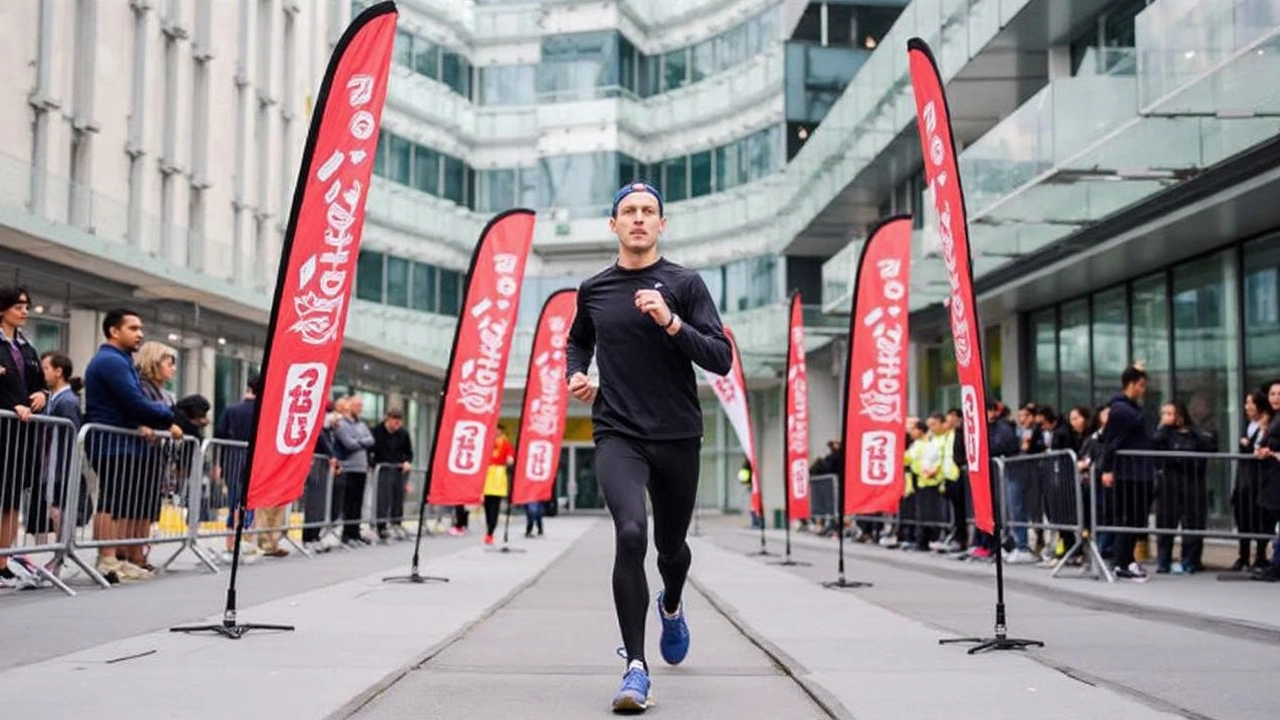Mental Health Advocacy in Motorsports: What You Need to Know
Racing is fast, loud, and intense, but behind every lap there’s a person dealing with pressure, fear, and stress. When riders or drivers feel mentally healthy, they perform better, stay safer, and enjoy the sport longer. That's why mental health advocacy is becoming a must‑have part of any racing team.
Why Mental Health Matters on the Track
Even the best riders can lose focus after a crash, a bad qualifying session, or a rough patch of weather. Anxiety, depression, or burnout can turn a quick decision into a risky one. Teams that ignore these signs often see more accidents, lower morale, and higher turnover. Simple check‑ins and open conversations can catch problems early and keep everyone moving forward.
Practical Steps for Riders, Teams, and Fans
1️⃣ Make Talking Easy – Set up regular, informal chats where riders can share what’s on their mind. No need for a therapist in the first meeting, just a trusted crew member who listens.
2️⃣ Offer Professional Help – Partner with sports psychologists or counselors who understand the adrenaline‑filled world of racing. Many do virtual sessions, so you can fit them around training.
3️⃣ Build a Balanced Schedule – Mix intense practice with recovery days, hobbies, and family time. A rider who spends evenings gaming or hiking will come back sharper.
4️⃣ Teach Stress Tools – Breathing exercises, quick meditation, or visualization techniques help calm nerves before a big race. Even a 2‑minute routine can lower heart rate and improve focus.
5️⃣ Encourage Peer Support – Create a buddy system where teammates look out for each other’s mood and workload. When someone notices a change, they can gently ask if everything’s okay.
6️⃣ Educate Fans – Fans love the excitement, but they also need to know that riders are human. Sharing stories about mental health journeys can reduce stigma and inspire support.
TrackMaster Motorsports is already putting these ideas into action. We’ve launched a "Mind on the Track" programme that gives every rider a monthly mental‑wellness check‑in, free access to a sports psychologist, and a toolkit of quick stress‑relief exercises. The feedback has been positive: riders report fewer sleepless nights and higher confidence during overtakes.
For smaller teams without big budgets, start with the basics. A simple weekly meeting, a free meditation app, and a list of local mental‑health resources can make a huge difference. Remember, mental health isn’t a luxury; it’s as essential as a well‑tuned engine.
If you’re a rider wondering where to begin, try this three‑step starter: write down one thing that’s stressing you, pick a 2‑minute breathing exercise, and share the result with a teammate. If the stress feels unmanageable, reach out to a professional right away – you’re not alone.
Lastly, keep the conversation going. Every post, interview, or podcast that talks about mental health helps break down barriers. The more we talk, the safer and more enjoyable the sport becomes for everyone.
